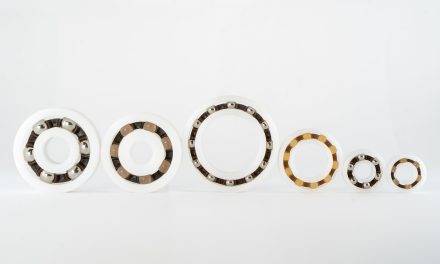CirculOil – the revolutionary oil management system that brings circularity and efficiency to engine lubrication – has raised a quarter million pounds through a crowdfunding campaign.
The waste oil problem is a serious issue in the manufacturing industry that is increasingly damaging the environment, as over 6 billion litres each year of dirty used oil is generated, making it the largest amount of liquid, non-aqueous hazardous waste in the world.
CirculOil seeks to drive circularity and eliminate pollution from waste oil. The company has developed a unique patented cartridge technology that allows for 100% collection and re-use of waste engine lubrication, creating a circular ecosystem, and reducing carbon dioxide emissions by 30%.
With the investment CirculOil has secured, they have the capital to accelerate their growth and protect the environment from waste oil.
Using an innovative platform to track and trace all cartridges, CirculOil helps users to monitor their vehicle maintenance and allows them to control the waste oil on its journey through the circular ecosystem. CirculOil has also reduced the time for operators during the oil change to just 90 seconds, resulting in a quick and clean maintenance process.
Steve Goodier, Founder and Chief Executive, CirculOil, says: “We are committed to creating innovative solutions to protect our planet, to do our bit in protecting the environment. At the core of our products and services, we have developed a bespoke Circular Ecosystem, which can effectively and efficiently manage every single oil change and ensure that all the used oil is collected, enabling a complete closed-loop ecosystem.
“We aim to transform the manufacturing industry and are passionate about changing the future for the better. Our patented solution helps stop waste from being burnt or lost in the environment, with our technology designed to ensure quick lubricant changes, green re-use and smart digital tracking.
“By re-refining used oil to manufacture engine oil, we are being 40% more energy efficient than if we manufactured new oil. Since re-refining is a circular process, this leads to the preservation of previous finite natural resources. The environmental benefit from the collection also reduces ground pollution from unregulated disposal of waste oil.”



